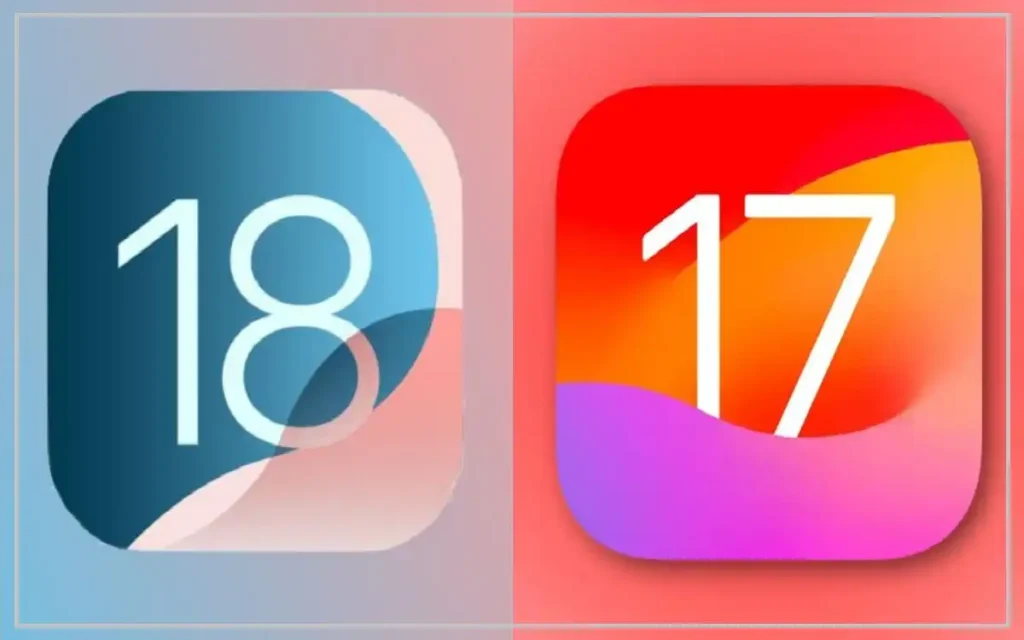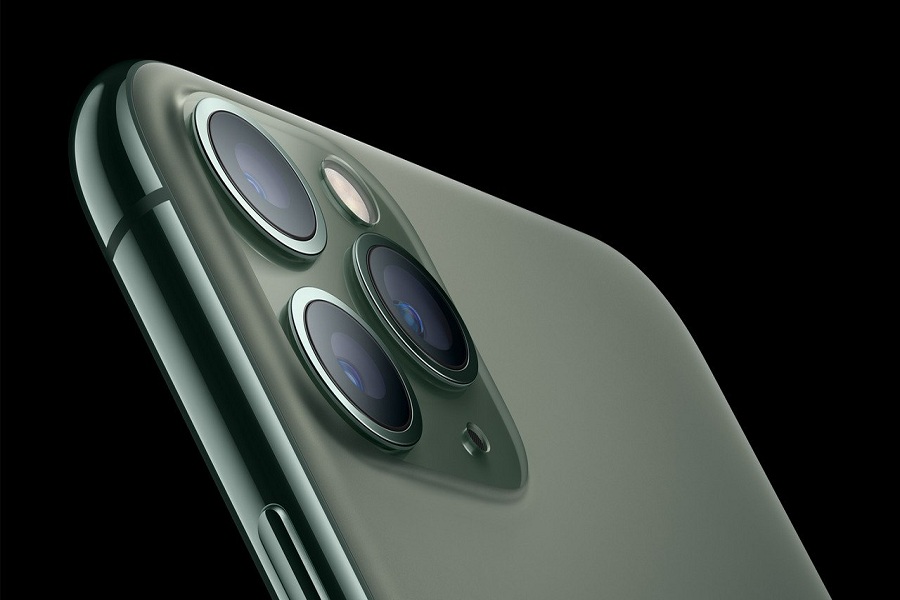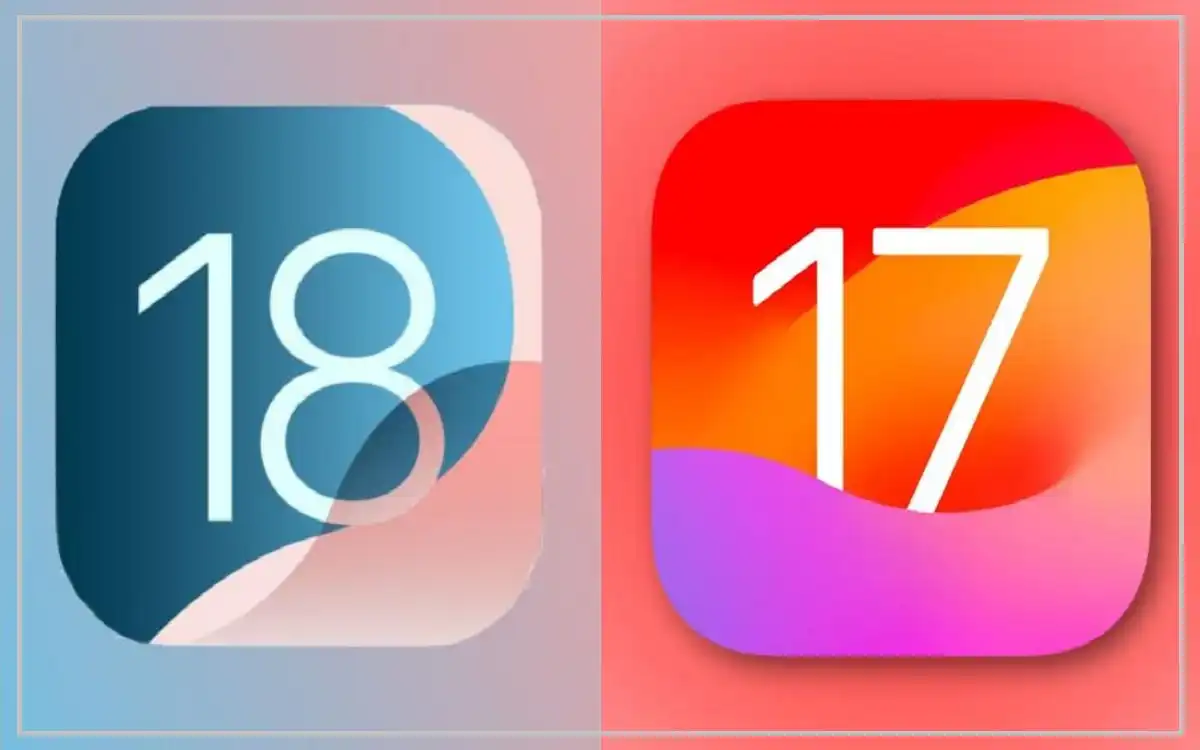Apple release new iOS 18 update iPhone version but many Apple users often find themselves confuse when a new iOS version is released. The decision to upgrade or stick with a familiar version can be both exciting and daunting. As Apple user we also want to know which is better iOS 17.7 or iOS 18 because it is not only to change OS but also know all the function and already installed ios apps might work properly or not. So we share this potential downside to help you make an informed decision about your iPhone’s future.
Recent Released: Apple’s “Crush” Ad Sparks Controversy Among Creative
Introduction
Apple’s iOS updates have long been a source of anticipation for iPhone users worldwide. With each new iteration, the tech giant aims to enhance user experience, bolster security, and introduce innovative features. The release of iOS 18 marks another significant step in this journey, promising a range of new capabilities and improvements. However, the tried-and-true iOS 17.7 remains a stable and reliable option for many. In this comprehensive guide, we’ll examine the pros and cons of each version, helping you decide whether to embrace the new or stick with the familiar.
iOS 17.7: The Stability Champion
What iOS 17.7 Brings to the Table
iOS 17.7 represents the culmination of the iOS 17 lifecycle, focusing primarily on security enhancements and bug fixes. This version is designed to provide a stable and reliable experience for users who prioritize consistency and compatibility.
Key Features of iOS 17.7:
- Critical security patches
- Bug fixes for existing features
- Improved system stability
- Continued app compatibility
For users who rely on specific applications or prefer a familiar interface, iOS 17.7 offer a compelling argument for staying put. Its focus on security ensures that your device remains protected against known vulnerabilities without introducing the potential instability that can come with major updates.
The Case for Stability
Choosing to remain on iOS 17.7 isn’t just about avoiding change; it’s a strategic decision for certain user groups. For instance:
- Business users who depend on specific apps for daily operations
- Older users who are comfortable with the current interface
- Individuals who prioritize a bug-free experience over new features
By sticking with iOS 17.7, these users can continue to enjoy a stable platform while benefiting from ongoing security updates.
iOS 18: The Future of iPhone Software

Embracing Innovation with iOS 18
iOS 18 represents Apple’s vision for the future of mobile computing. This major update introduces a plethora of new features and enhancements designed to push the boundaries of what’s possible on an iPhone.
Highlight Features of iOS 18:
- Enhanced Home Screen Customization: Users can now personalize their iPhone’s interface more extensively than ever before.
- Redesigned Control Center: A revamped quick-access panel for essential settings and controls.
- Apple Intelligence: Introduction of generative AI capabilities for various tasks.
- Improved Siri Functionality: A more responsive and capable virtual assistant.
- New Messaging Features: Enhanced communication tools, including new Tapbacks.
- Accessibility Improvements: Making iPhones more inclusive for all users.
The Power of Apple Intelligence
One of the standout features of iOS 18 is the introduction of Apple Intelligence. This suite of AI-powered tools brings new capabilities to various aspects of the iPhone experience:
- Advanced photo editing
- Audio transcription
- Writing assistance
- Enhanced language processing
These features promise to boost productivity and creativity, offering users new ways to interact with their devices and content.
What are the Security Enhancements
iOS 18’s Security Overhaul
Security is always a top priority for Apple, and iOS 18 takes it to the next level with several significant enhancements:
- Built-in Password Manager: End-to-end encryption for all credentials, with alerts for weak or compromised passwords.
- Enhanced App Privacy Controls: Granular control over app permissions and data access.
- Activation Lock: A new feature designed to prevent unauthorized repairs using parts from stolen iPhones.
- Improved Data Protection: Addressing various vulnerabilities identified in previous versions.
- Simplified Privacy Settings Navigation: A redesigned Privacy and Security menu for easier management.
- Passkey Integration: Support for automatic upgrades from traditional passwords to more secure passkeys.
These security features collectively work to provide a more robust defense against potential threats, emphasizing Apple’s commitment to user privacy and data protection.
Comparative Security Analysis
While iOS 17.7 continues to receive critical security updates, iOS 18’s comprehensive security overhaul offers long-term advantages. Here’s a comparison table to illustrate the key differences:
| Feature | iOS 17.7 | iOS 18 |
| Password Management | Basic keychain support | Advanced built-in manager with alerts |
| App Privacy Controls | Standard permissions | Granular control and app locking |
| Device Protection | Find My iPhone | Enhanced Activation Lock |
| Data Protection | Existing encryption | Improved state management and validation |
| Privacy Settings | Standard menu | Simplified, more accessible interface |
| Authentication | Traditional passwords | Passkey integration |
This table clearly shows the significant strides iOS 18 has made in enhancing user security and privacy.
Performance and Battery Management
iOS 18’s Approach to Power
One of the most critical aspects of any mobile operating system is its ability to manage power efficiently. iOS 18 introduces several features aimed at improving battery life and giving users more control over their device’s power consumption:
- Custom Charging Limits: Users can now set specific charging thresholds to optimize battery health.
- Slow Charger Alerts: Notifications when using suboptimal charging equipment.
- Enhanced Battery Health Monitoring: More detailed insights into battery condition and performance.
- Optimized Battery Charging: Continuation of the adaptive charging feature to extend battery lifespan.
- Improved Low Power Mode: Easier activation and more efficient power-saving capabilities.
These enhancements demonstrate Apple’s commitment to extending device longevity and improving user experience through smarter power management.
Performance Considerations
While iOS 18 brings numerous improvements, it’s important to note that new major releases can sometimes lead to temporary performance issues as the system and apps adjust. Users may experience:
- Increased battery drain during the initial days post-update
- Potential app compatibility issues until developers release updates
- Slight learning curve adapting to new features and interface changes
In contrast, iOS 17.7 offers a stable and optimized experience, having benefited from multiple iterations of refinement throughout its lifecycle.
The Upgrade Dilemma: Making the Right Choice
Factors to Consider
Deciding whether to upgrade to iOS 18 or stay with iOS 17.7 depends on various factors:
- Device Compatibility: Ensure your iPhone model supports iOS 18.
- Feature Needs: Assess whether the new features in iOS 18 align with your usage patterns.
- App Dependency: Check if critical apps are compatible with iOS 18.
- Risk Tolerance: Consider your willingness to deal with potential bugs in a new release.
- Security Requirements: Evaluate the importance of the latest security features for your situation.
Upgrade Recommendations
Based on user profiles, here are some general recommendations:
- Early Adopters: If you’re excited about new features and don’t mind potential bugs, upgrade to iOS 18.
- Business Users: Consider waiting for iOS 18.1 or 18.2 for a more stable experience.
- Casual Users: iOS 17.7 remains a solid choice if you’re satisfied with your current setup.
- Security-Conscious Users: iOS 18’s enhanced security features make it an attractive option.
Known Issues and Workarounds
iOS 18 Bugs and Solutions
As with any major software release, iOS 18 has some reported issues. Here are common problems and potential solutions:
- Battery Drain:
- Solution: Allow the system to optimize over a few days, update apps, and check for power-hungry background processes.
- App Crashes:
- Solution: Ensure all apps are updated to their latest versions compatible with iOS 18.
- Notification Problems:
- Solution: Check notification settings for individual apps and reset notification preferences if necessary.
- Wi-Fi and Bluetooth Issues:
- Solution: Reset network settings or toggle airplane mode on and off.
- Update Installation Problems:
- Solution: Ensure sufficient storage space and a stable internet connection before attempting the update.
The Downgrade Option
If you’ve upgraded to iOS 18 and are experiencing significant issues, downgrading to iOS 17.7 is possible, albeit with some caveats:
- Backup your data before attempting a downgrade.
- Use reliable tools and follow instructions carefully to avoid data loss.
- Be aware that downgrading may not be possible if Apple stops signing iOS 17.7.
iOS 17 or iOS 18
To better understand the improvements brought by iOS 18, let’s compare it with its predecessor, iOS 17:
| Feature | iOS 17 | iOS 18 |
| Home Screen Customization | Limited widget placement | Full customization of app and widget placement |
| App Icon Customization | Not available | Color customization and resizing options |
| Photos App Layout | Tab-based interface | Unified, scrollable interface |
| Control Center | Fixed layout with limited customization | Grid-based layout with extensive customization |
| Siri Interface | Standard voice-only interface | Updated visual interface with typing option |
| Satellite Messaging | Limited to emergency services | Extended to regular messaging (with limitations) |
| Lock Screen Customization | Basic wallpaper changes | Customizable controls and dynamic wallpapers |
| Accessibility in Control Center | Limited options | Enhanced options for various accessibility needs |
This table provides a clear, side-by-side comparison of key features and characteristics of iOS 17.7 or iOS 18, helping readers quickly grasp the main differences between the two versions.
At Last
The decision between upgrading to iOS 18 or staying with iOS 17.7 ultimately comes down to individual needs and preferences. iOS 18 offers exciting new features, enhanced security, and forward-looking capabilities that promise to reshape the iPhone experience. However, it may come with initial stability concerns and a learning curve.
On the other hand, iOS 17.7 represents a pinnacle of stability and refinement within the iOS 17 ecosystem. It continues to receive critical security updates and offers a familiar, reliable experience for users who prioritize consistency.
As you weigh your options, consider your device compatibility, feature needs, app dependencies, and tolerance for potential bugs. Remember that staying informed about user experiences and waiting for point releases (like iOS 18.1 or 18.2) can often provide a more stable upgrade path.
Whichever path you choose, Apple’s commitment to long-term support ensures that both iOS 17.7 or iOS 18 users will continue to enjoy a secure and functional mobile experience. As the iOS ecosystem evolves, stay curious, stay informed, and choose the version that best aligns with your digital lifestyle.
For More Apple Tech Update Visit Considering Apple






